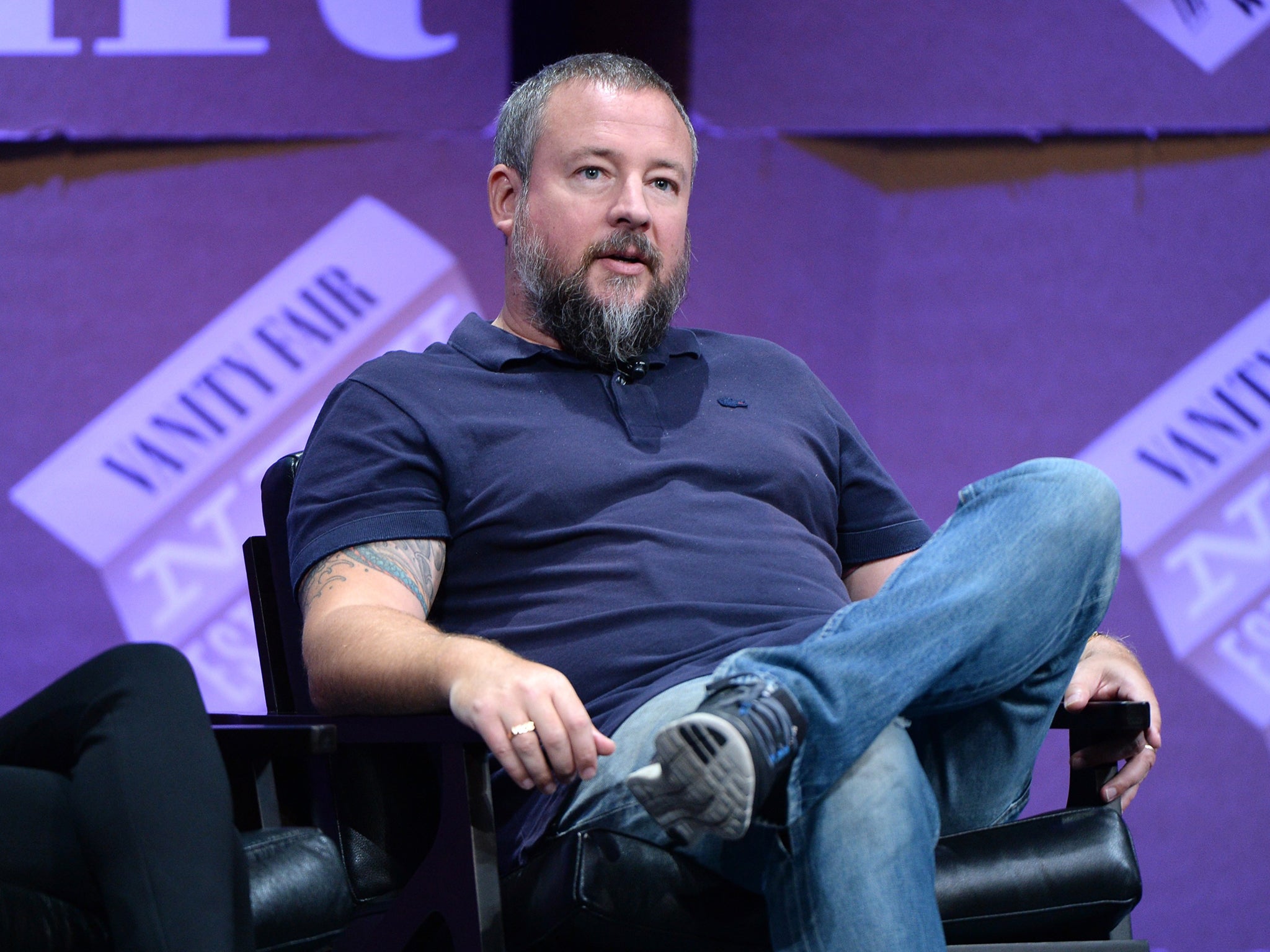Shane Smith interview: Vice chief eyes TV news for 'Generation Y'
Exclusive: Edgy, youth-focused media group is going global, but has it sold out?

Your support helps us to tell the story
From reproductive rights to climate change to Big Tech, The Independent is on the ground when the story is developing. Whether it's investigating the financials of Elon Musk's pro-Trump PAC or producing our latest documentary, 'The A Word', which shines a light on the American women fighting for reproductive rights, we know how important it is to parse out the facts from the messaging.
At such a critical moment in US history, we need reporters on the ground. Your donation allows us to keep sending journalists to speak to both sides of the story.
The Independent is trusted by Americans across the entire political spectrum. And unlike many other quality news outlets, we choose not to lock Americans out of our reporting and analysis with paywalls. We believe quality journalism should be available to everyone, paid for by those who can afford it.
Your support makes all the difference.The youth-orientated online media organisation Vice is set to launch its first global television network and will reveal details before the end of the month.
Vice founder and chief executive Shane Smith said the rapidly expanding company wanted its own terrestrial TV channel to gain a larger share of the world’s advertising market and to have greater control over its growth as a multi-platform provider of news and entertainment.
“We have been working for quite some time to be able to programme a 24-hour network,” he told The Independent. “What we have been working on is specific TV formats in news, music, food and travel and we are just finishing up the production of those series.”
Vice, which has become the envy of traditional media outlets through its strong connection to the under-35 audience, is able to expand thanks to a $250m investment by media company A&E Networks, a joint venture between Disney and publishers Hearst. Smith said that a further major cash injection of $250m from investors Technology Crossover Ventures (TCV) would enable Vice to develop on mobile platforms. “Mobile is the majority of our growth...that is going to be our main focus,” he said.
The major expansion is remarkable for a company that began its life in Montreal 20 years ago as a free and snarkily written style magazine. Vice now operates in 36 countries, has a staff of 1,500 and has recently been valued at $2.5bn. It has strong UK connections, including many British senior staff. London is its second hub, after New York.
Its portfolio of online video brands includes the music channel Noisey and tech specialist Motherboard. Five months ago, it launched online video news operation Vice News, which has produced remarkable films on the conflict in Ukraine and from inside Isis’s Syrian stronghold of Raqqa.

In a wide-ranging interview, Smith, who helped to make Vice’s reputation in filmmaking with the luridly titled but riveting reportage of The Cannibal Warlords of Liberia in 2009, said the Ebola outbreak had made the West African state an impossible place for journalists to work. He ordered Vice’s reporters to withdraw and undergo 21 days of quarantine.
“I was nervous, I was afraid. I don’t want my guys to get Ebola but I also don’t want to be guilty of bringing Ebola anywhere else, so I erred on the side of caution – which Vice is not traditionally known for,” he said.
In the summer, Vice News scooped its rivals by embedding a journalist with Isis and filming the terror group as it went about setting up its fledgling caliphate. Some complained that the reports were insufficiently critical but Smith said the pictures spoke for themselves.
“We asked, and said ‘Do you want to tell your story?’ Obviously their story was Isis’s propaganda but the propaganda they showed was very telling. To me it reeked of pre-war Nazi Germany where everybody was happy to show you how well they were doing and meanwhile it was the most terrifying thing on earth.” Vice News has since produced Ghosts of Aleppo, featuring the Syrian forces resisting the Jihadis.
Smith said that “pretty much every young journalist and creative is flocking to us right now” – but the organisation benefits – and is criticised for – using young reporters who are willing to take chances on the frontline to make their names. In Ukraine, earlier this year, Vice’s talented correspondent Simon Ostrovsky was kidnapped. Smith points out that not only did Vice send in a team to extricate Ostrovsky, it helped free other kidnapped journalists from traditional media companies.

“We are incredibly cautious with our journalists. I know because I’m one of the lead reporters. I’m married with kids – I’m the opposite of an adrenaline junkie, I’m a luxury junkie, I like my life.”
Smith, 44, is not worried that Vice will go out of fashion, saying it will mature with its under-35 audience. “We are going to continue to grow because we are a voice that Gen Y trusts and we are going to grow exponentially with Gen Y.”
Smith is in London this week selling Vice’s offering to advertisers. Its commercial inventory is sold out for the next eight months – partly explaining the new TV channel. “Seventy-five per cent of the world’s advertising is still in TV,” said Smith.
Now Disney and Hearst have joined a long list of corporate partners that already includes 21st Century Fox (James Murdoch has a place on the Vice board), the task of retaining the unique sensibility of the youth brand might be harder still. Smith argued against the idea that these giants will try to change the way Vice operates, saying they are there to learn how young people use media content. “They invested...because they don’t know what the hell is going on with social (media) or mobile.” He also insists that Vice staff “in the trenches” don’t take their orders from corporate partners.
Besides, he remains the largest shareholder of Vice and has super-voting stock which gives him power over the rest of the board. “Nobody gets to tell us what to do. I get to tell everybody, for better or worse, what to do. I’m the Stalin of Vice and as long as I am then nobody gets to say anything else!”
Join our commenting forum
Join thought-provoking conversations, follow other Independent readers and see their replies
Comments